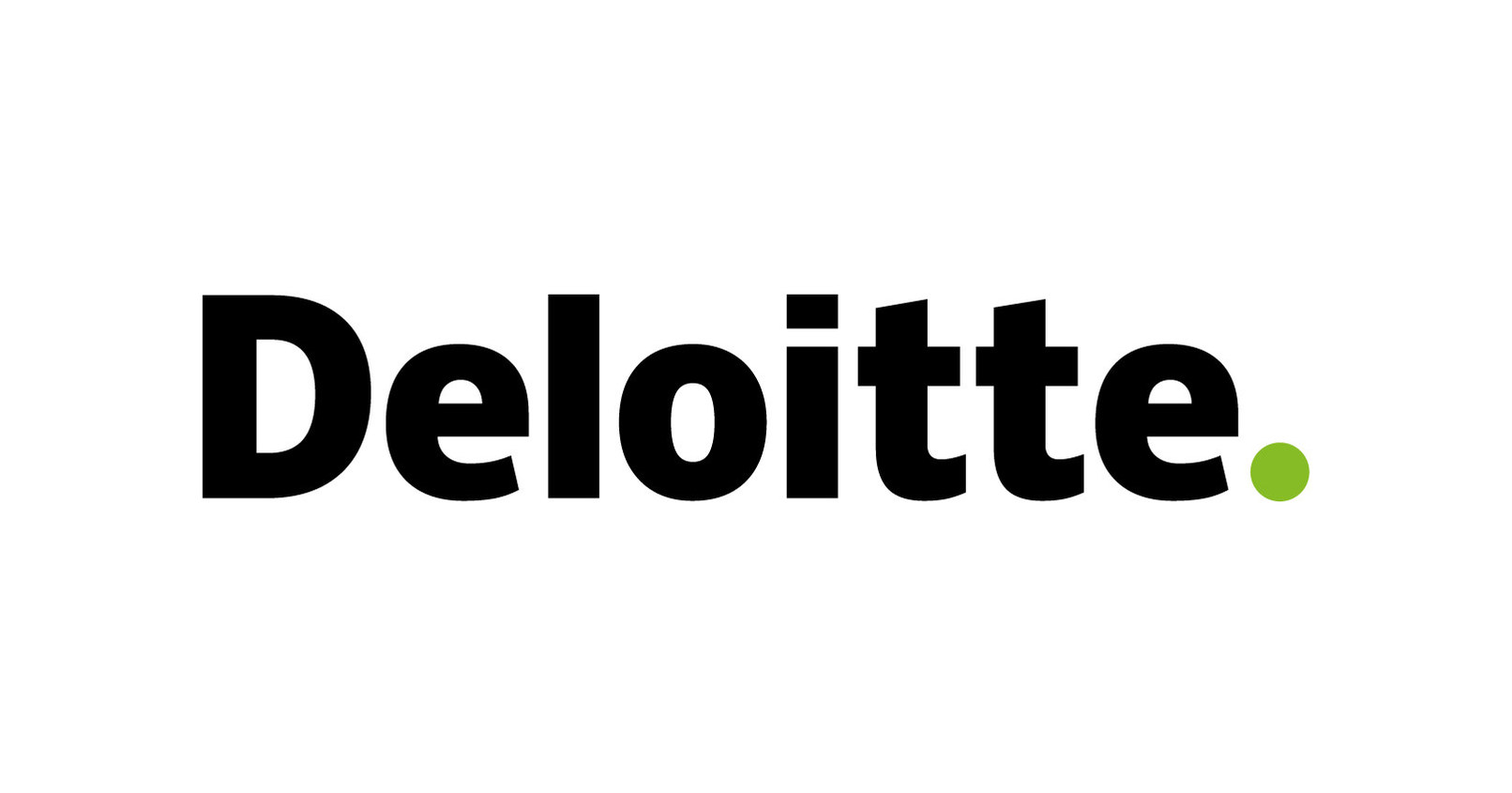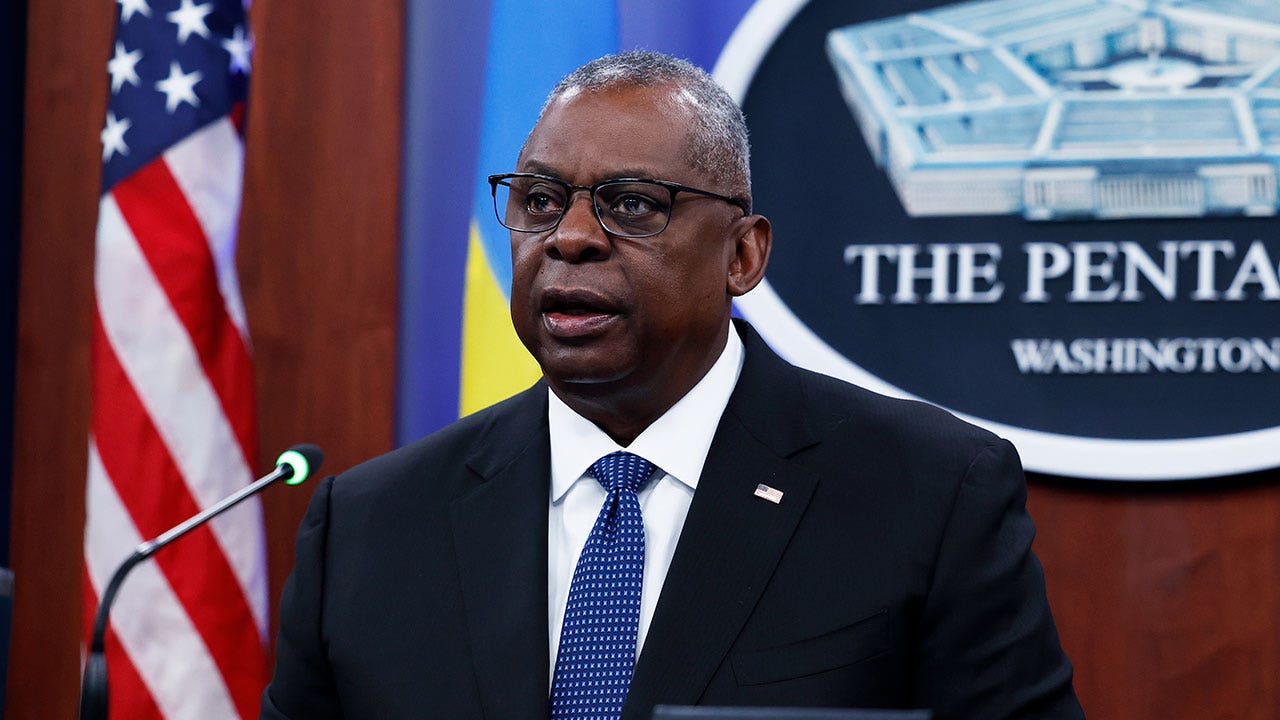Finance
Climate Finance: The Solution to All Climate-driven Ills?

Statistics reveal that the world’s top 1 per cent of emitters produce over 1,000 times more CO2 than the bottom 1 per cent. That number gets starker, as studies reveal, with the richest 0.1 per cent of the world’s population emitting 10 times more than the entire top 10 per cent combined. These figures make one thing explicitly clear: if these top emitters globally continue to maintain such carbon levels, there is no way we can decarbonize fast enough.
With COP28 on the horizon, organisations around the world are assessing the progress and challenges in the climate mitigation process. As we know, the Paris Agreement rolled out a framework for developed nations to provide financial, technical, and capacity-building support to the countries that need it. This framework is what gave rise to the concept of climate finance.
The United Nations Framework Convention on Climate Change (UNFCCC) defines climate finance as local, national, or transnational financing that helps countries reduce greenhouse gas emissions by funding renewable power such as wind or solar. The uptake of solar power as a renewable resource was slow to begin with due to large upfront costs and availability issues. Over time, however, after governments began awarding tax credits to industries for adopting solar energy systems, an increase in production and government subsidies led to a decrease in the direct costs of solar energy for consumers. Today, renewable energy is more cheaply produced than fossil fuels in some markets. Due to the increasing competition in the solar energy industry, installation costs have also seen a sharp decline, making it a fiscal win for both consumers and large companies globally.
Another form that climate financing takes is through carbon trading and carbon taxes.
Carbon trading involves the buying and selling of credits that allow a company or other entity to emit a certain amount of carbon dioxide. So, for a nation that buys carbon, it buys the right to burn it. While the nation that sells carbon surrenders the right to burn it.
For example, the UNFCCC awarded the Delhi Metro Rail Corporation (DMRC) with carbon credits for reducing greenhouse gas emissions in the city. However, this idea has its own critics and supporters. While cumulatively, greenhouse gas emissions may be reduced and some countries reap economic benefits, critics do not endorse this system as it can create an exploitative environment.
Despite this, the success of DMRC is one example of the many initiatives India has taken to use climate finance in its fight against climate change. While India is on the roster of receiving climate funds from developed nations, many of India’s climate actions have been financed domestically, including the government’s budgetary allocations, market mechanisms, fiscal instruments, and policy interventions. In fact, according to a report submitted to UNFCCC, India’s domestic mobilisation of finance almost completely overshadows the sum of total international funding.
India has been seen taking the lead in representing developing nations’ needs in global summits and forums. Developed nations were required to mobilise $100 billion per year by 2020, which, while far from having been met, has also proved simply insufficient. In lieu of this, India has taken the lead at the UNFCCC to advocate for climate finance in the form of grants instead of loans that many developed nations tend to provide in the name of support. These loans can potentially harm local communities, adding to the heavy debts of countries, especially when interest rates are on the rise. Additionally, India is also insisting on new climate finance targets by 2024, asserting that the required amounts be set in trillions to meet the actual needs of climate change mitigation.
Representatives and experts across the globe will assemble once again at the COP28 UAE soon to rethink, reboot, and refocus the climate agenda. It is crucial for India to emphasise that tackling climate change and financing it is a collective responsibility. Transparent funding mechanisms and fair assistance for developing nations are necessary as they work towards achieving a balance between economic growth and environmental sustainability amid the challenges posed by climate change.
And global leaders need to listen and act before the planet reaches an irreversibly high temperature.
Aishwarya Bhatia is Content Strategist & Writer at Sambodhi Research & Communications, a multidisciplinary research organisation offering data-driven insights to global social development organisations.

Finance
Deloitte named a Leader in 2024 Gartner® Magic Quadrant™ for Finance & Accounting Business Process Outsourcing

NEW YORK, June 3, 2024 /PRNewswire/ — Gartner®, a company that delivers actionable, objective insights to executives and their teams, has recognized Deloitte as a Leader in the 2024 Gartner® Magic Quadrant™ for Finance & Accounting Business Process Outsourcing (BPO).
It is one of 10 total Leaders in the report, which provides a graphical competitive positioning of four types of technology providers in markets where growth is high and provider differentiation is distinct.
“Through Finance Operate services Deloitte clients are reshaping their finance functions, rethinking traditional approaches to BPO and harnessing new disruptive technologies to embed continuous advantage into their operations,” says Doug Gish, Deloitte Global Operate leader. “We believe, this recognition demonstrates our commitment to delivering differentiated client outcomes and extensive experience transforming these business-critical functions.”
Notable Deloitte Finance Operate capabilities include:
- Finance-as-a-Service
- Finance Analytics-as-a-Service
- Finance Technology Application Management Services
- Strategic Finance Augmentation
- Operate-to-Transform Finance
- Build-Operate-Transform-Transfer
“I strongly believe in Deloitte’s disruptive vision in this space. We are doubling down on an integrated multidisciplinary model, bringing an extensive portfolio of services under our Finance Operate umbrella. With deep industry expertise, strong finance executive relationships, and broad finance domain experience, we offer truly differentiated solutions to solving client challenges,” says Sergi Lemus, Global Finance Operate co-leader, Deloitte Spain.
Deloitte remains committed to transforming its proprietary solutions and co-innovate with its strategic relationship releases of digital financial and accounting services across core workflows with the incorporation of emerging technologies. “We continue to invest in transformation and innovation like Generative AI to augment our capabilities and deliver enhanced finance and accounting outcomes for Deloitte clients. We are confident in Deloitte’s leadership in this space and we believe this Gartner recognition reinforces this,” says Caroline Leies, Global Finance Operate co-leader, Deloitte Consulting LLP.
Gartner Disclaimer
Gartner does not endorse any vendor, product or service depicted in its research publications, and does not advise technology users to select only those vendors with the highest ratings or other designation. Gartner research publications consist of the opinions of Gartner’s research organization and should not be construed as statements of fact. Gartner disclaims all warranties, expressed or implied, with respect to this research, including any warranties of merchantability or fitness for a particular purpose.
GARTNER is a registered trademark and service mark of Gartner and Magic Quadrant is a registered trademark of Gartner, Inc. and/or its affiliates in the U.S. and internationally and are used herein with permission. All rights reserved.
About Deloitte
Deloitte refers to one or more of Deloitte Touche Tohmatsu Limited (DTTL), its global network of member firms, and their related entities (collectively, the “Deloitte organization”). DTTL (also referred to as “Deloitte Global”) and each of its member firms and related entities are legally separate and independent entities, which cannot obligate or bind each other in respect of third parties. DTTL and each DTTL member firm and related entity is liable only for its own acts and omissions, and not those of each other. DTTL does not provide services to clients. Please see www.deloitte.com/about to learn more.
Deloitte provides industry-leading audit and assurance, tax and legal, consulting, financial advisory, and risk advisory services to nearly 90% of the Fortune Global 500® and thousands of private companies. Our people deliver measurable and lasting results that help reinforce public trust in capital markets, enable clients to transform and thrive, and lead the way toward a stronger economy, a more equitable society, and a sustainable world. Building on its 175-plus year history, Deloitte spans more than 150 countries and territories. Learn how Deloitte’s approximately 457,000 people worldwide make an impact that matters at www.deloitte.com.
For more about Deloitte Analyst Relations, please visit our Analyst Recognitions page.
SOURCE Deloitte Global
Finance
Leading African bank aims to build China ties with newly opened Beijing office

Absa Group, one of Africa’s largest diversified financial services companies, aims to build stronger ties with Chinese firms as part of its global expansion strategy, amid growing investment and trade between China and Africa.
The Johannesburg, South Africa-based bank will focus on strengthening relations with state-owned entities, private companies, banks and development finance organisations via its subsidiary, which officially launched in Beijing in early May, according to Klaus-Dieter Kaempfer, CEO of Absa China.
“Absa’s strategy in China is to use our office to connect better with the head offices of Chinese corporates who do business in Africa,” he said.
With a healthy client base already in place, Absa will make its presence known and develop much closer relationships with prospective clients on the mainland, he added.
Absa’s Beijing office operates under a wholly foreign-owned enterprise licence, which allows it to provide general advisory services and research to clients based in China for transactions across Africa.
“To be clear, we are not conducting business in China, and we’re not doing domestic business,” said Kaempfer. “What we’re doing is developing relationships, advising on the capability that Absa Group has across its footprint in Africa, and our business actually gets executed there.”
The plan to open a China office was revealed by Zhu Kai, principal and head of China Corridor at Absa Corporate and Investment Bank, in May last year. The opening of the office was originally planned at the end of 2023, but the licence was only obtained in December, following which a team was hired, delaying the launch to last month.
China’s total trade with Africa increased 1.5 per cent year on year in 2023 to US$282.1 billion, while the continent’s trade deficit with the world’s second-largest economy expanded 36.4 per cent to US$65 billion, according to Chinese customs data published in February.
China’s total investments in Africa hit nearly US$11 billion in 2023, its highest since at least 2005, according to data from Washington-based think tank American Enterprise Institute.
“I think what makes Absa an attractive banking and financial services partner is the quality and the depth of our network – our core operations are in Africa, and we’ve been there for more than 100 years,” said Kaempfer.
The bank has a strong presence across a number of sectors, he added.
“We’re the leading provider of renewable-energy finance across the continent, and we have very competent teams in mining, minerals, trade finance and debt.”
Finance
How racial disparities in financial education affect America’s wealth gap

Knowing how to budget and save money are important skills, but not everyone is taught how to do so. Only 25 states require high schoolers to take a personal finance class, and schools with predominantly Black and brown students are less likely to offer those courses. Laura Barrón-López reports on how younger generations are working to improve their financial literacy and help close the wealth gap.
-

 World1 week ago
World1 week agoFamilies of Uvalde school shooting victims sue Microsoft, Meta and gunmaker
-

 Politics1 week ago
Politics1 week agoDefense Secretary Lloyd Austin to undergo nonsurgical procedure, Deputy Kathleen Hicks will assume control
-

 News1 week ago
News1 week agoHere are three possible outcomes in the Trump hush money trial : Consider This from NPR
-

 News1 week ago
News1 week agoPrimate remains on the loose in South Carolina | CNN
-

 World1 week ago
World1 week agoState of the Union: Europe's divisions over the Middle East
-

 News1 week ago
News1 week agoBoos and anti-Trump chants at Libertarian convention where former president is set to speak
-

 Movie Reviews1 week ago
Movie Reviews1 week ago'Bhaiyya Ji' movie review: Bajpayee’s 100th film fails to deliver
-

 World1 week ago
World1 week agoItaly pledges millions to support Palestinians at Rome meeting


















